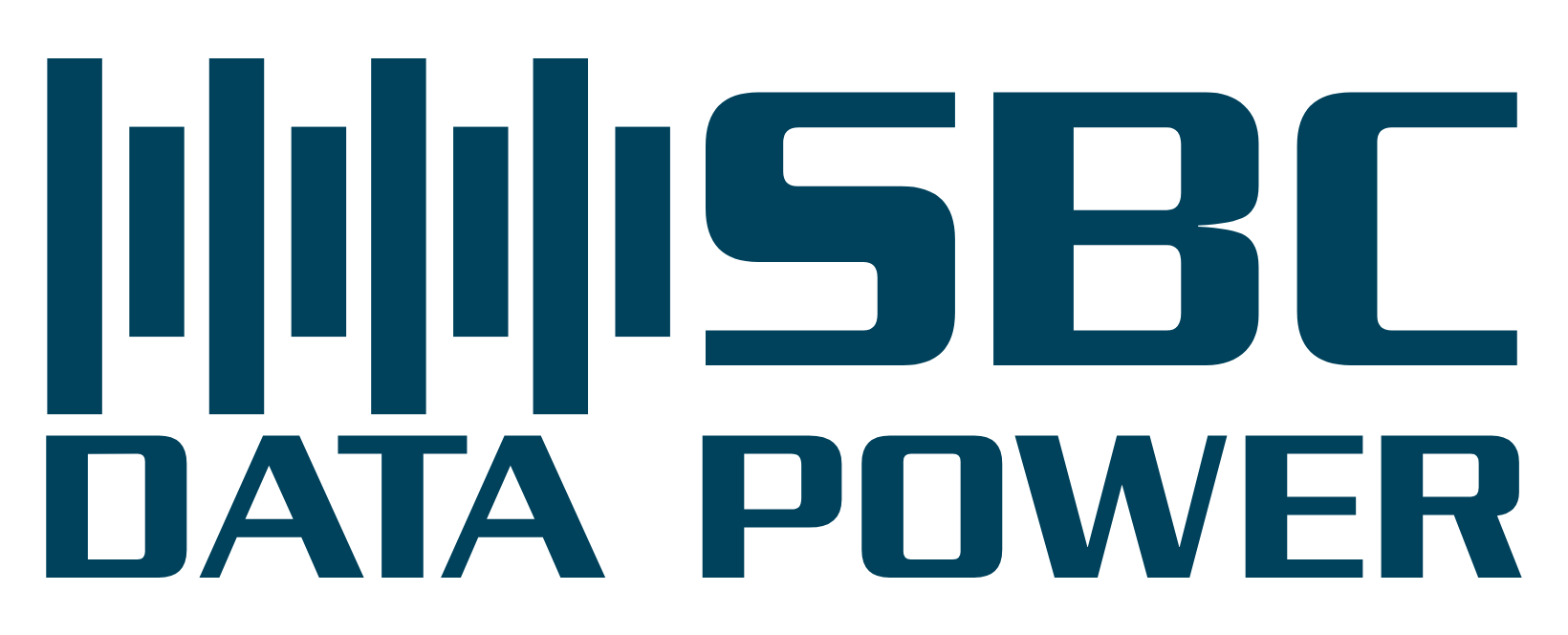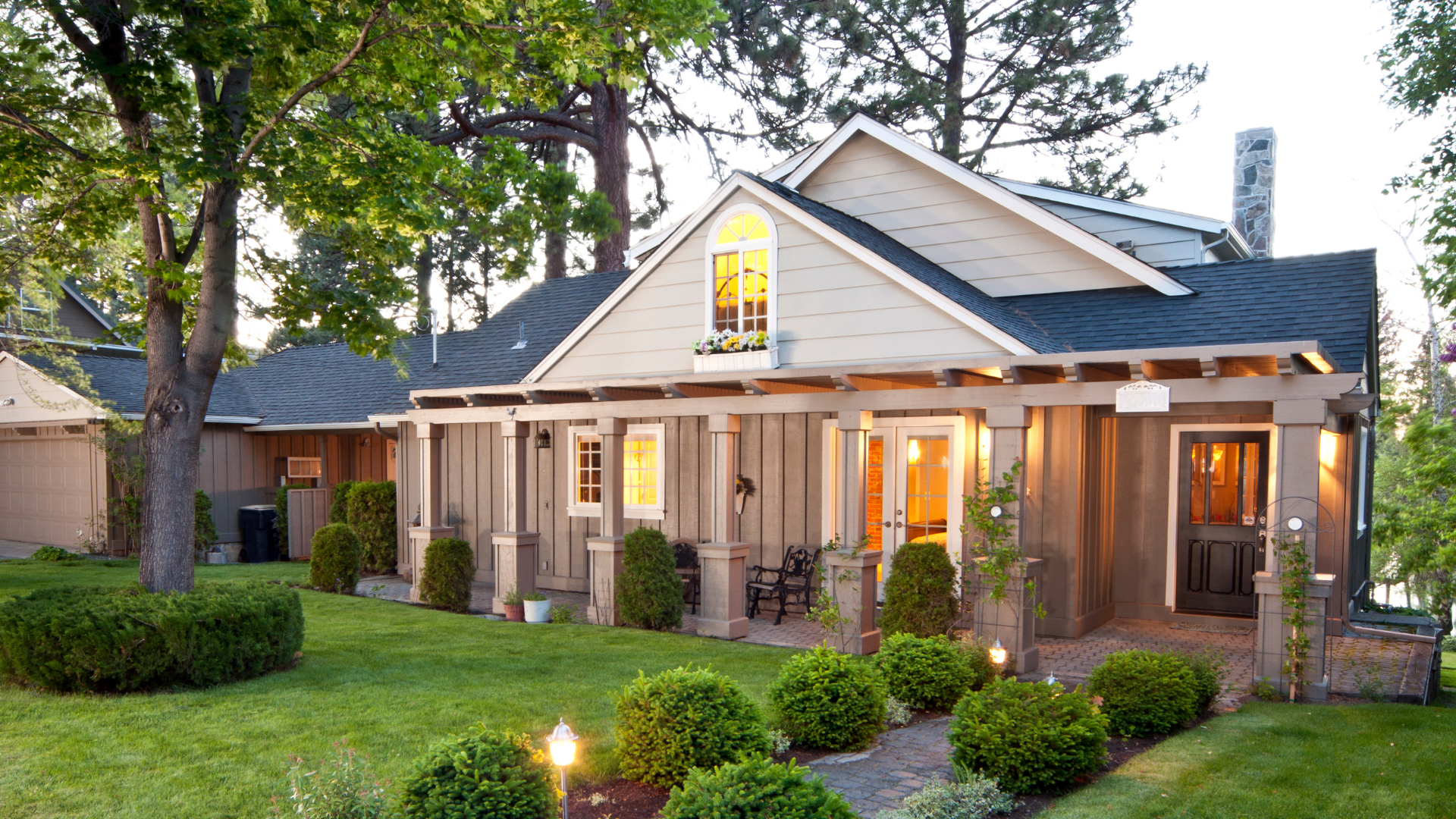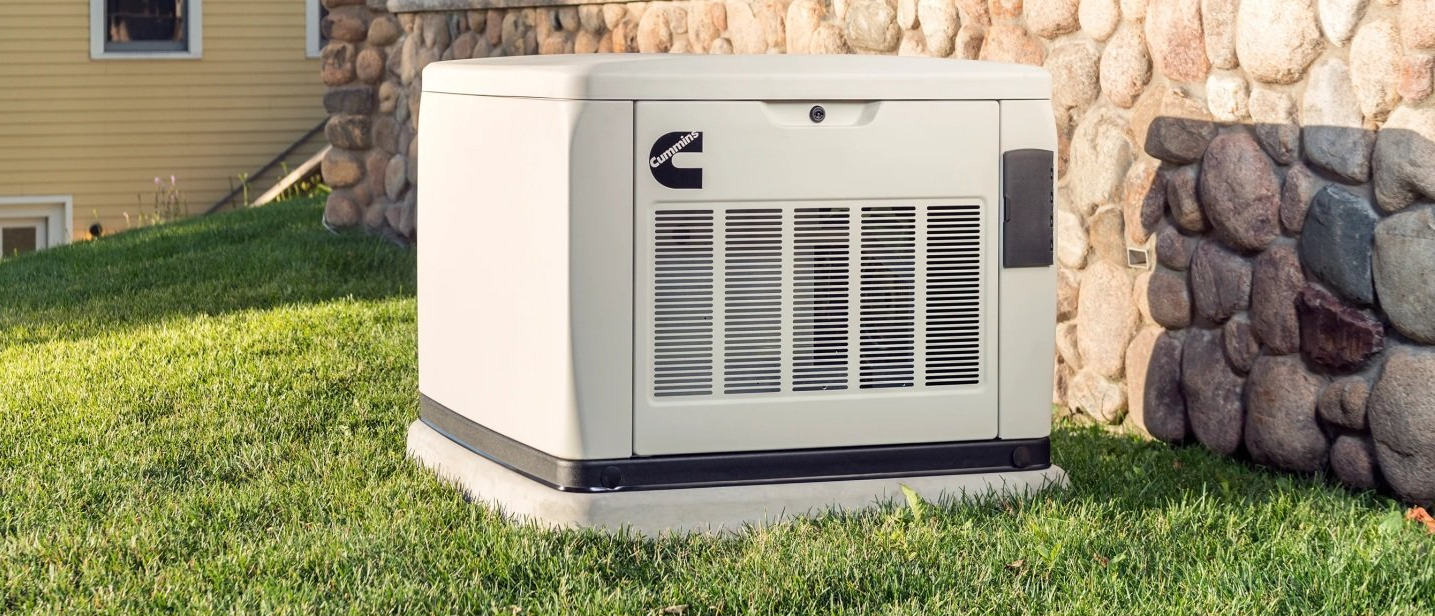The Ultimate Guide to Whole Home Generators
Cost, Installation, and Best Brands

As power outages become more frequent due to extreme weather and aging infrastructure, investing in a whole home generator is a wise decision. This comprehensive guide will cover everything you need to know about whole home generators, from cost and sizing to installation and financing options. Whether you are looking for a propane, natural gas, or diesel generator, this post will help you make an informed decision.
What is a Whole Home Generator?
A whole home generator, also known as a standby generator, automatically provides power to your entire home during an outage. These generators are permanently installed outside your home and connected to your electrical system. They can run on various fuels, including propane, natural gas, and diesel.
Benefits of a Whole Home Generator
- Uninterrupted Power Supply: Whole home generators provide continuous power during outages, ensuring that your daily activities and critical appliances remain operational.
- Automatic Operation: With an automatic transfer switch, the generator will start automatically when the power goes out, providing seamless power transition.
- Increased Home Value: Installing a whole home generator can increase your property value and attract potential buyers.
Understanding Whole Home Generator Cost
The cost of a whole home generator can vary widely based on several factors, including the size of your home, the type of fuel, and installation requirements. Here’s a breakdown:
- Whole Home Generator Cost: The price of the generator itself can range from $2,000 to $10,000.
- Whole Home Generator Installation Cost: Professional installation typically costs between $5,000 and $10,000, depending on the complexity of the job.
- Additional Costs: There may be extra costs for permits, wiring, and any necessary modifications to your home’s electrical system.
Choosing the Right Size: Whole Home Generator Sizing
Selecting the correct size for your whole home generator is crucial. An undersized generator won't power all your appliances, while an oversized one can be inefficient and more costly. Use a whole home generator size calculator to determine the appropriate size based on your power needs. Factors to consider include:
- Total Wattage: Calculate the total wattage of all the appliances and systems you need to power during an outage.
- Surge Wattage: Some appliances require a higher surge wattage to start. Ensure your generator can handle these surges.
- Future Needs: Consider any future additions to your home that may increase power requirements.
Whole Home Generator Installation
Professional installation is recommended for whole home generators to ensure safety and compliance with local codes. Here are the key steps involved:
- Site Preparation: Choose a suitable location for the generator, typically close to your home’s main electrical panel.
- Mounting and Securing: The generator is mounted on a concrete pad or other stable surface.
- Electrical Connections: An electrician will connect the generator to your home’s electrical system using an automatic transfer switch.
- Fuel Connections: The generator will be connected to your fuel source, whether it’s propane, natural gas, or diesel.
- Testing and Inspection: After installation, the system is tested to ensure it operates correctly and inspected for compliance with local codes.
Whole Home Generator Financing Options
Financing a whole home generator can make it more affordable. Several options are available:
- Manufacturer Financing: Many manufacturers offer financing plans with low-interest rates.
- Home Equity Loans: Use the equity in your home to finance the generator.
- Personal Loans: Unsecured personal loans are another option for financing.
- Credit Cards: Some homeowners use credit cards with promotional interest rates for short-term financing.
Fuel Options for Whole Home Generators
Whole home generators can run on different types of fuel. Here’s a comparison of the most common options:
- Propane Whole Home Generators: Propane is a clean-burning fuel with a long shelf life, making it a reliable option for generators.
- Natural Gas Whole Home Generators: Natural gas generators are connected to your home’s gas line, providing a continuous fuel supply without the need for storage.
- Diesel Whole Home Generators: Diesel generators are known for their efficiency and durability but require regular fuel deliveries.
Best Whole Home Generator Brands
When choosing a whole home generator, consider reputable brands known for their reliability and performance. Some top brands include:
- Generac: Known for its extensive range of home standby generators and excellent customer support.
- Cummins: Renowned for their durable and powerful generators suitable for large homes.
- Briggs & Stratton: Provides affordable and reliable generators with easy-to-use features.
Reviews and Recommendations
Before making a purchase, read whole home generator reviews to see what other homeowners have experienced. Here are some places to find reviews:
- Whole Home Generator Reddit: Communities like Reddit provide real-world experiences and advice from other users.
- Consumer Reports: Offers expert reviews and ratings on various generator models.
- Online Retailers: Websites like Amazon, Home Depot, and Lowe’s often have customer reviews that can provide insights into the performance and reliability of different models.
Conclusion
Investing in a whole home generator ensures that your home remains powered during outages, providing peace of mind and protecting your family from the inconveniences and dangers of power loss. By understanding the costs, sizing requirements, installation process, and fuel options, you can choose the best whole home generator for your needs.
For the best whole home generator systems and reliable installation services, consult with professionals and read reviews to make an informed decision. Stay prepared, stay powered, and enjoy uninterrupted comfort and security with a whole home generator.
